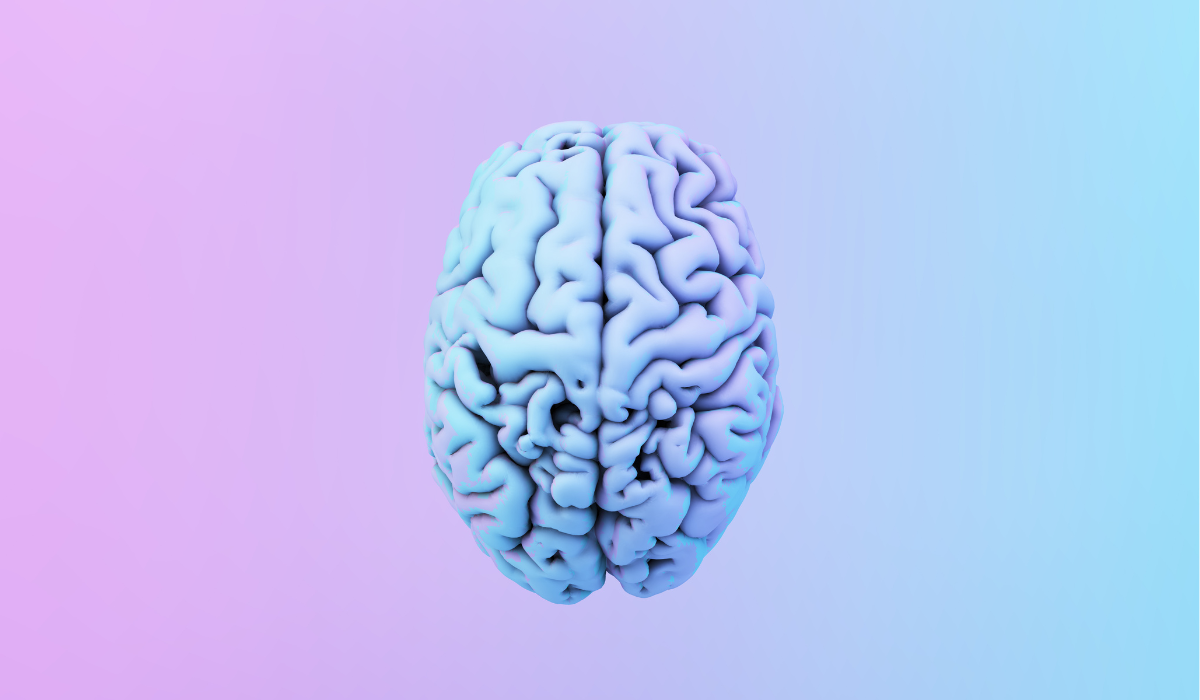As we step into Alzheimer’s and Brain Awareness Month, we’re reminded of a crucial, often overlooked aspect of our health—the brain. This time is not only about acknowledging the millions affected by Alzheimer’s but also about supporting caregivers, advocates, and loved ones in this shared journey. More importantly, it’s an invitation for each of us to prioritize brain health, an essential component of our well-being.
Organizations like the Women’s Alzheimer’s Movement Prevention and Research Center at the Cleveland Clinic are leading the charge in this conversation. Celebrating its fifth anniversary this month, the center provides insights into the unique challenges faced by women regarding brain health. As we delve deeper, let’s address some prevalent myths surrounding this subject and arm ourselves with actionable truths to enhance brain health today.
Truth No. 1: Alzheimer’s Affects Women Differently
Did you know that approximately two-thirds of Alzheimer’s diagnoses are women? Yet, many women remain unaware of this statistic, with 32% believing the disease impacts both sexes equally. This misunderstanding extends to other health conditions too. For instance, heart disease, often perceived as a predominantly male issue, is the leading cause of death for both genders. Awareness is crucial, particularly for women in midlife who face unique health risks.
Dr. Beri Ridgeway from the Cleveland Clinic emphasizes the importance of informed decision-making. Through health education and regular screenings, women can better navigate their health journey. If local resources feel sparse, consider joining the Women’s Health Forum on June 5 for valuable insights streamed conveniently.
Truth No. 2: Lifestyle Choices Can Prevent Alzheimer’s
Once thought to be an unavoidable genetic fate, Alzheimer’s can actually be significantly influenced by our lifestyle choices. Recent findings indicate that about 40% of dementia cases might be preventable. Dr. Jessica Caldwell notes that habits such as avoiding tobacco, moderate drinking, and maintaining a healthy weight play a vital role in brain health.
By committing to regular moderate-intensity exercise, a nourishing diet, and sufficient sleep, you can fortify your brain against cognitive decline. Start small and gradually incorporate healthier habits—every little adjustment counts!
Truth No. 3: Hearing Loss and Dementia Risk
Many people don’t realize the profound impact of hearing on brain health. Research from Johns Hopkins shows a clear correlation: even mild hearing loss can double the risk of dementia. The brain compensates for impaired hearing, often at the expense of other cognitive functions.
Dr. Mia Miller advocates for regular hearing exams. Just as we prioritize our eyesight, we should equally ensure our hearing is assessed, especially as we age. By addressing hearing loss early, we can potentially stave off cognitive decline.
Truth No. 4: Menopause Reshapes the Female Brain
The narrative around menopause often overlooks its neurological impacts. Dr. Lisa Mosconi reveals that estrogen plays a crucial role in brain health. Contrary to past beliefs that estrogen receptors close down post-menopause, they remain active, indicating the brain’s ongoing need for this hormone. Understanding this can help women navigate menopause with more confidence.
This knowledge empowers women to appreciate the changes in their brains during this natural transition and encourages proactive steps toward wellness.
Truth No. 5: Brain “Upgrades” in Midlife
As women age, research shows they experience positive cognitive shifts. Dr. Louann Brizendine highlights how midlife brings increased focus, emotional resilience, and a clearer sense of purpose. Instead of fearing aging, women can embrace it as a time of personal growth and rediscovery.
Dr. Brizendine encourages women to stay engaged, nurturing both their mental and physical health, as these efforts facilitate smoother transitions in life’s later stages.
Truth No. 6: The Caregiver Toll
The impact of brain health issues extends beyond the individual diagnosed. Emma Heming Willis, wife of actor Bruce Willis, sheds light on the often-narrated journey of caregivers. When Bruce was diagnosed with frontotemporal dementia, Emma felt alone in a sea of uncertainty. Her book, *The Unexpected Journey*, aims to be the guide she desperately needed, emphasizing the importance of community and shared experiences.
For caregivers, knowledge becomes empowerment. By seeking support and resources, they can navigate these challenges with resilience and grace.
Truth No. 7: Nutrition and Mental Health
Finally, let’s talk about how our diet influences our mental health. Anxiety, a common hurdle, can be alleviated through the foods we consume. Dr. Uma Naidoo stresses that while medications are one route to manage anxiety, nutritional psychiatry offers an alternative approach, emphasizing the healing power of food.
By creating a balanced meal plan filled with colorful vegetables, healthy proteins, fats, and complex carbohydrates, we can cultivate a calmer mind. Implementing changes in our diets can be a practical and impactful step toward improving mental well-being.


